Then We Came to the End, by Joshua Ferris, was not what I expected. I knew it had been nominated for the National Book Award. I knew that it was about a Chicago ad agency during the dotcom bust of 2001. I expected a wry, cynical view of white-collar office life and the folly and self-importance of the high-flying late 90s. I thought it would be funny and dark and satiric and a relatively light read.
Nope.
First of all, I didn’t really like it.
I seem to be in the tiniest of minorities here – every time I turn around, I see it on someone’s top 5 or top 10 books of 2007 list – The New York Times, EW, Slate. Critics have called it “hilarious,” “totally off-the-wall”, “acidly funny”, and “entertaining.” I will grant that the book is original. It is divided into roughly three sections, two of which are told in the first person plural in a Greek-chorus, Everyman-esque format. The narrators are the collective employees of a continuously downsizing ad agency. Ferris’ book is unique – his storytelling is almost frustratingly methodical, while also omniscient and universal. His doomed copwriters and art directors experience the challenges of the workplace that many of us have shared: office gossip, petty arguments, romances, unrequited crushes, paranoia and backstabbing. The art of wasting time. The satisfaction of being busy and meeting deadlines. The book even explores the pall that cancer casts on the co-workers when one of their supervisors is rumored to be afflicted.
However, I just couldn’t get into it. I found that I didn’t really care about any of the characters – perhaps this is a casualty of the faceless narration. The book became a chore to read. There were moments of brilliance, and I laughed out loud at times in recognition of one observation or another, but I just didn’t love the book. I can’t quite figure out what all the hoopla is about. Again, Ferris’ approach was very creative, and a writer I met recently commented that this seems to be the first book about the contemporary workplace that has broken through. Both may be true, but that didn’t make it a great read, in my opinion.
I know I am an army of one here, but I just can’t recommend the book.
Ok, bring it on – tell me why you liked it.






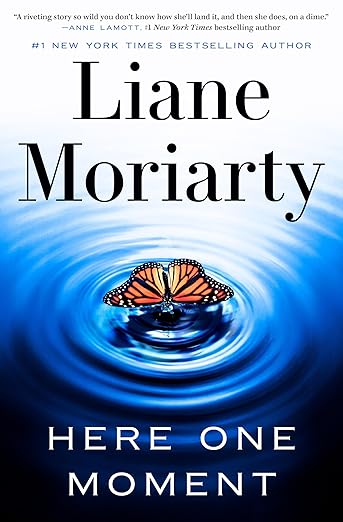
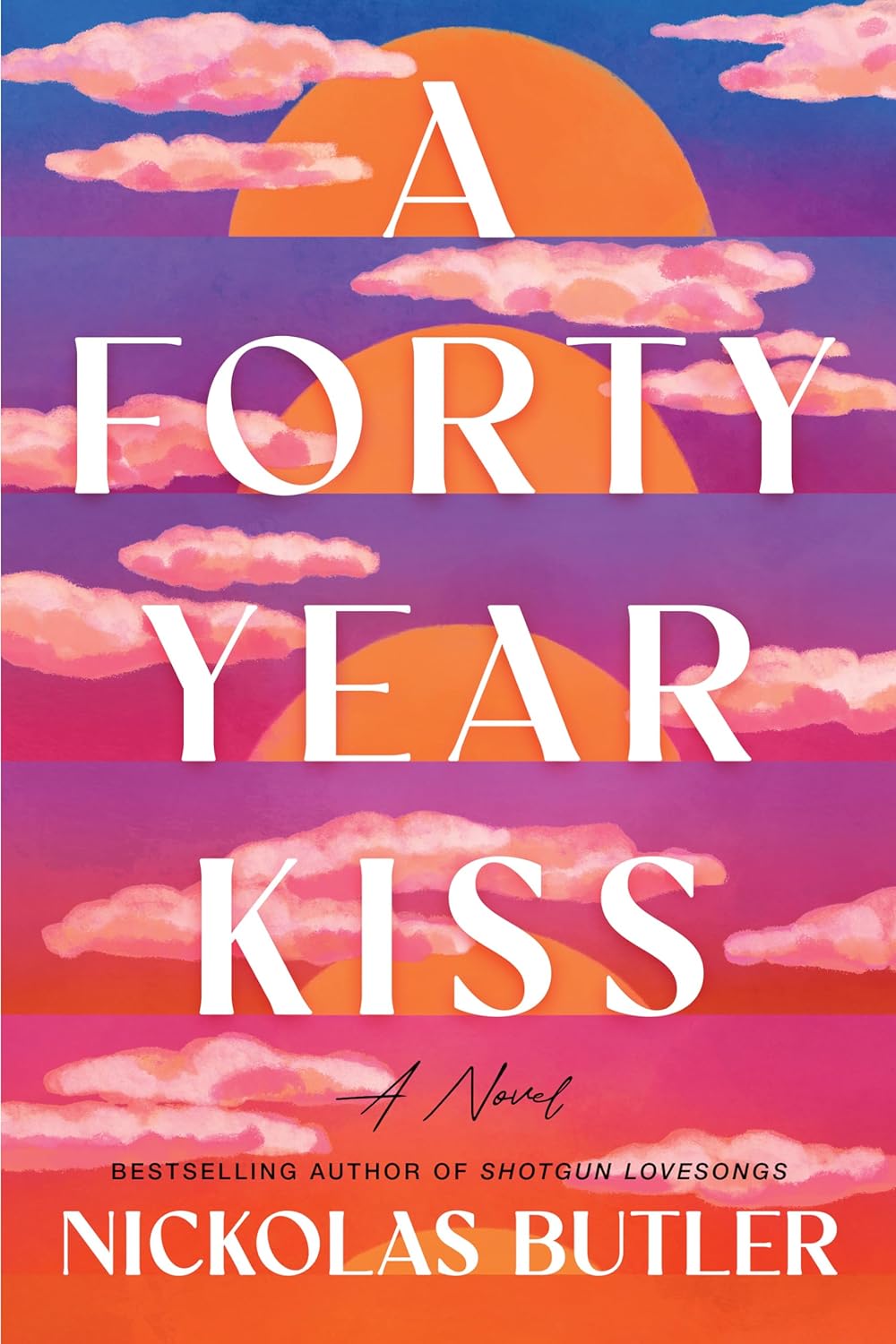
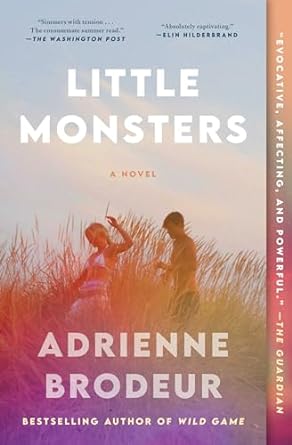

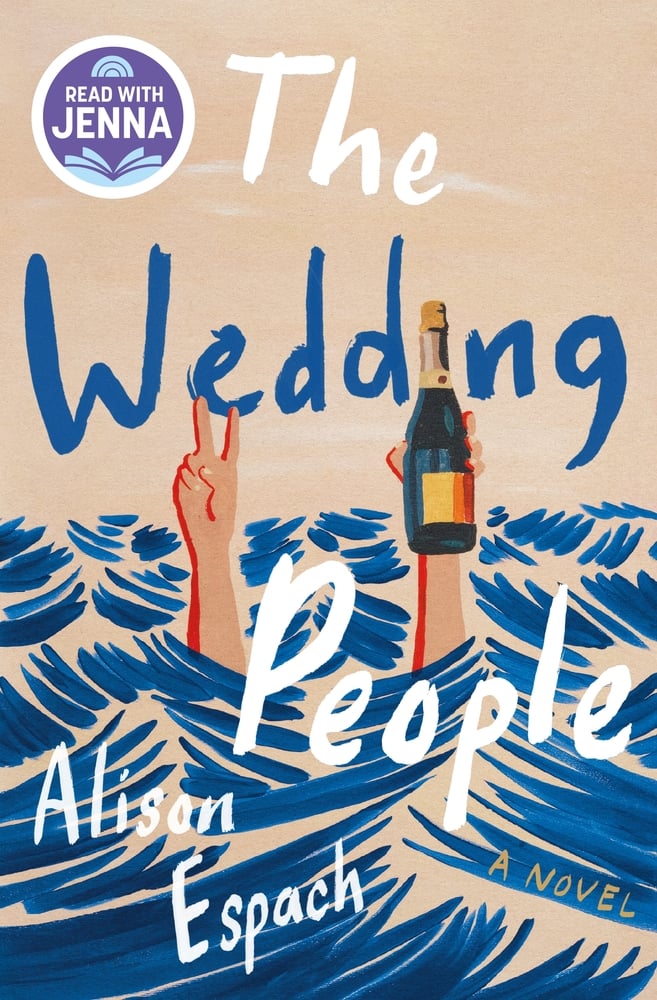

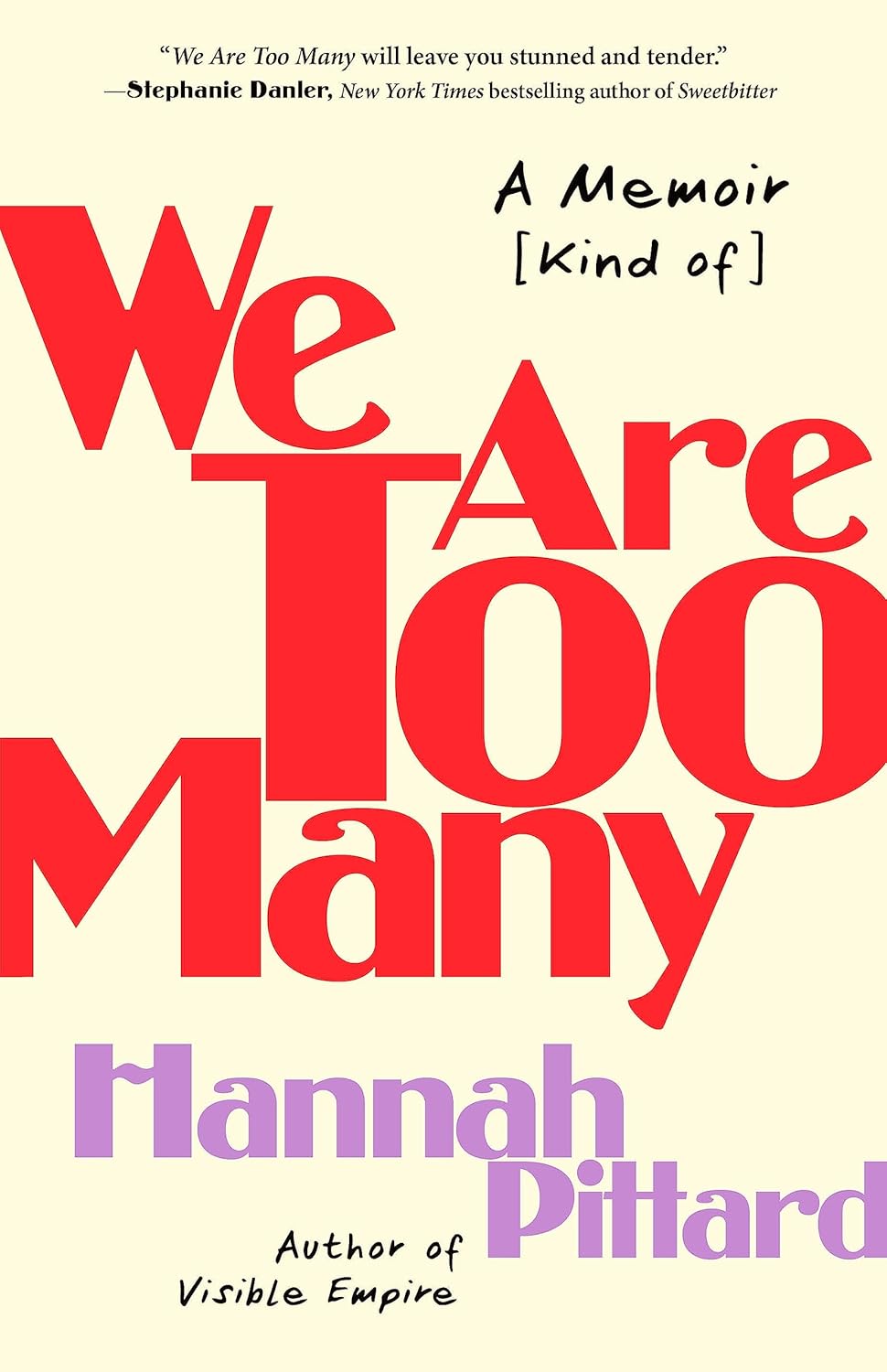
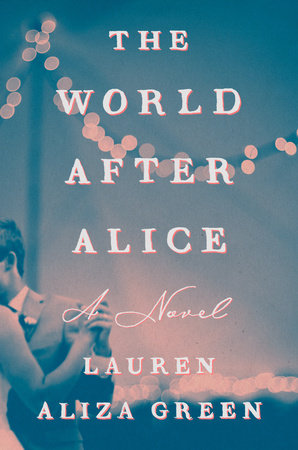
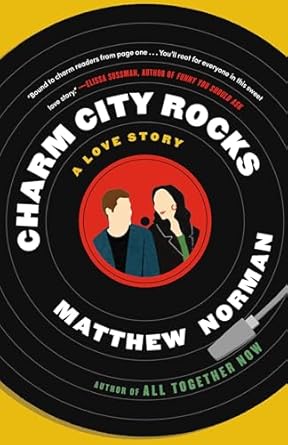




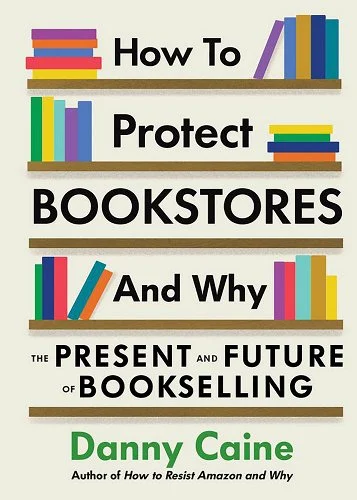
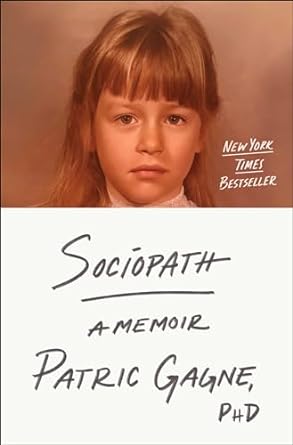
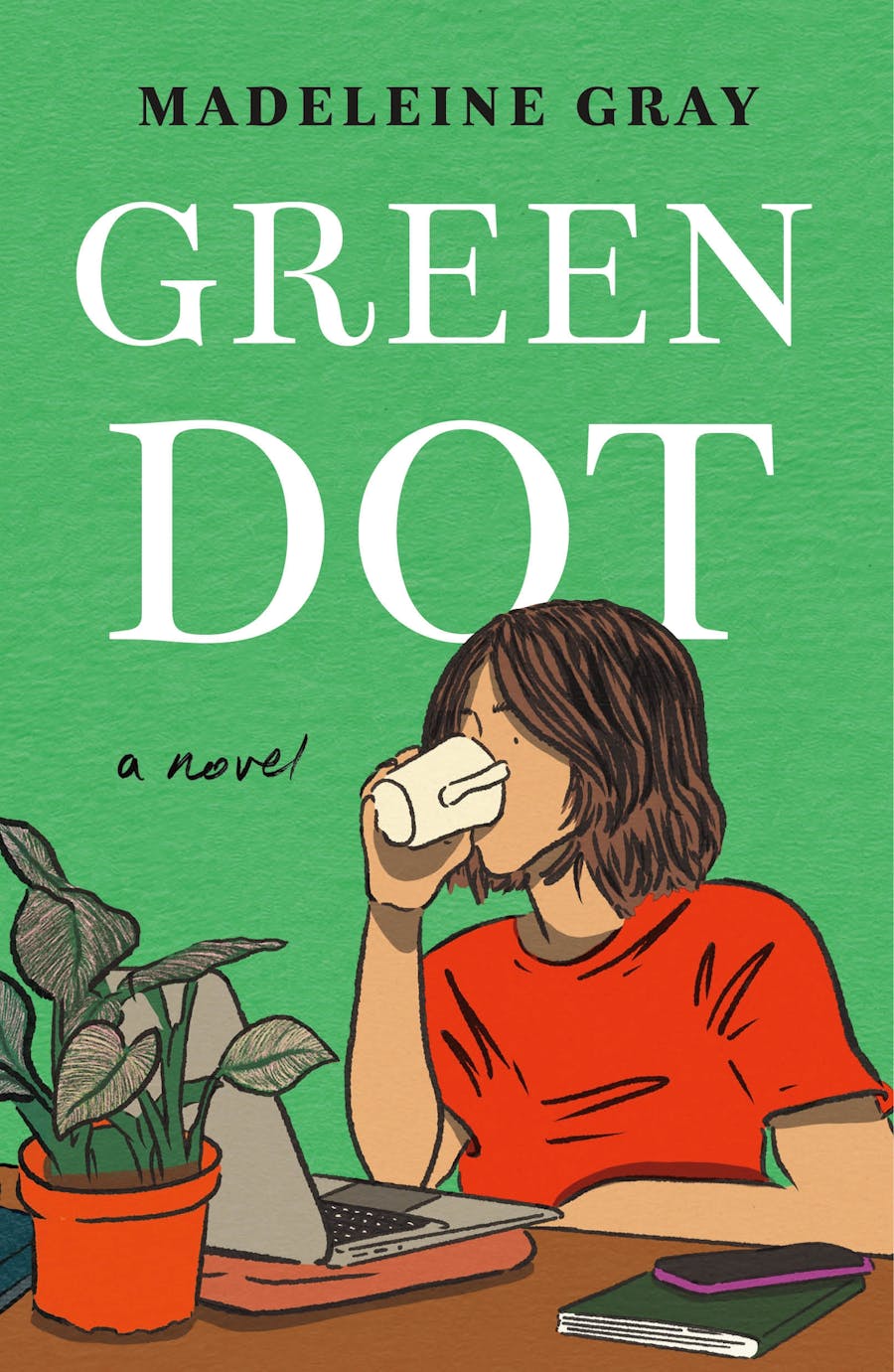


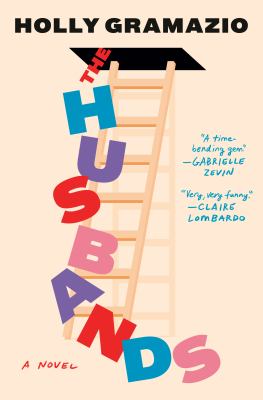
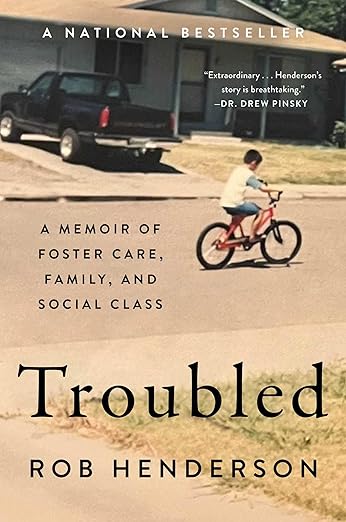
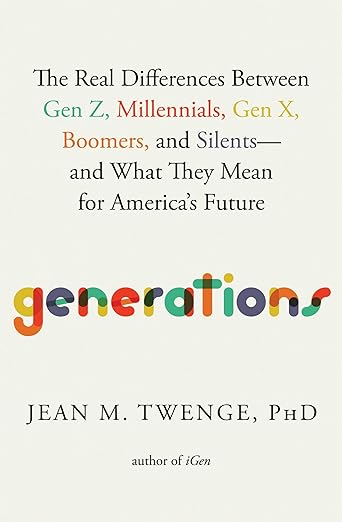
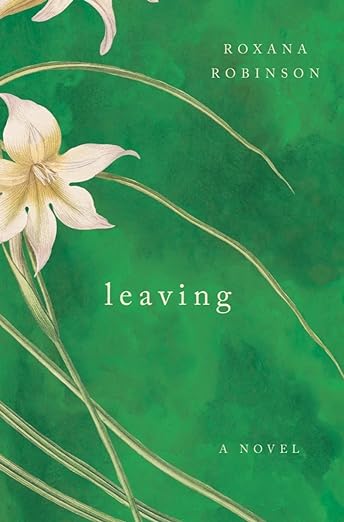
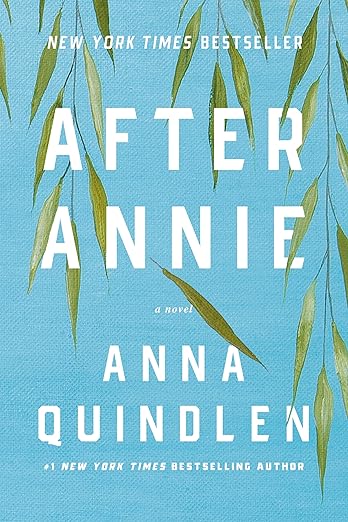
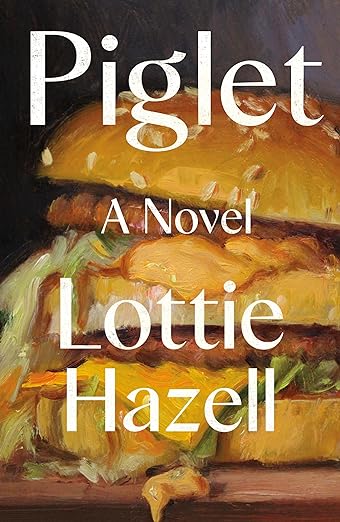
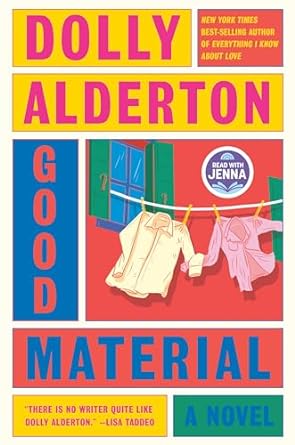
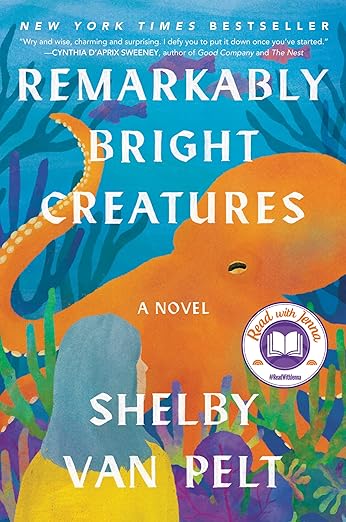
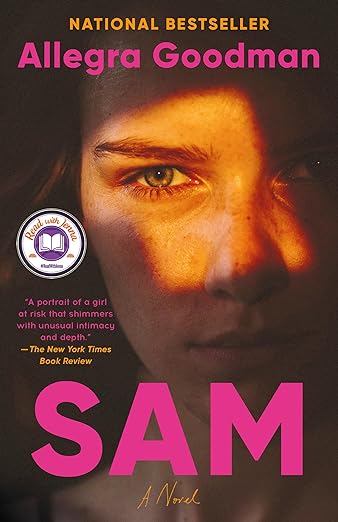

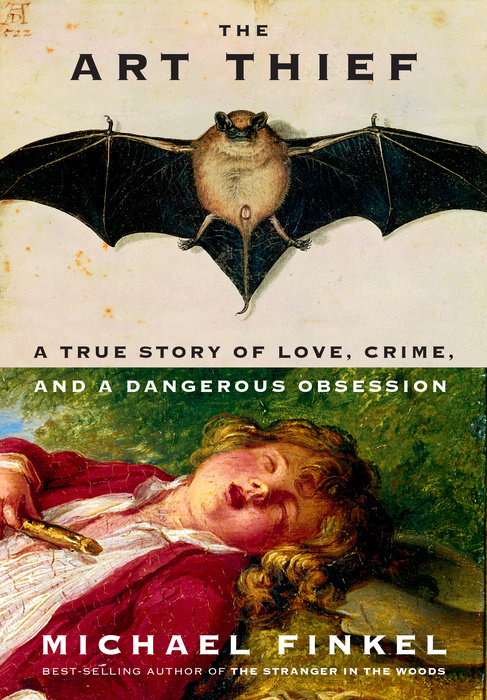
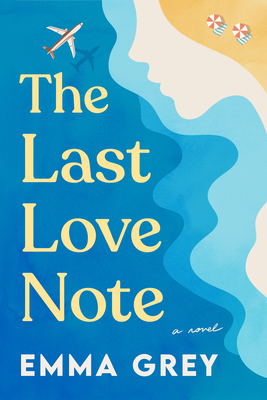
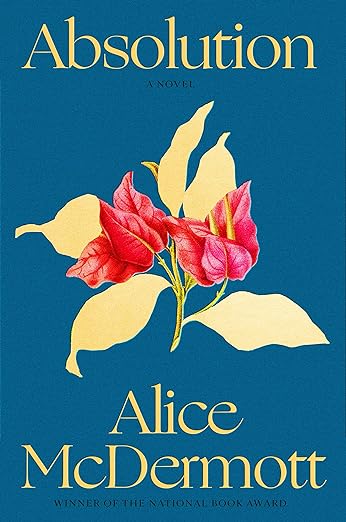
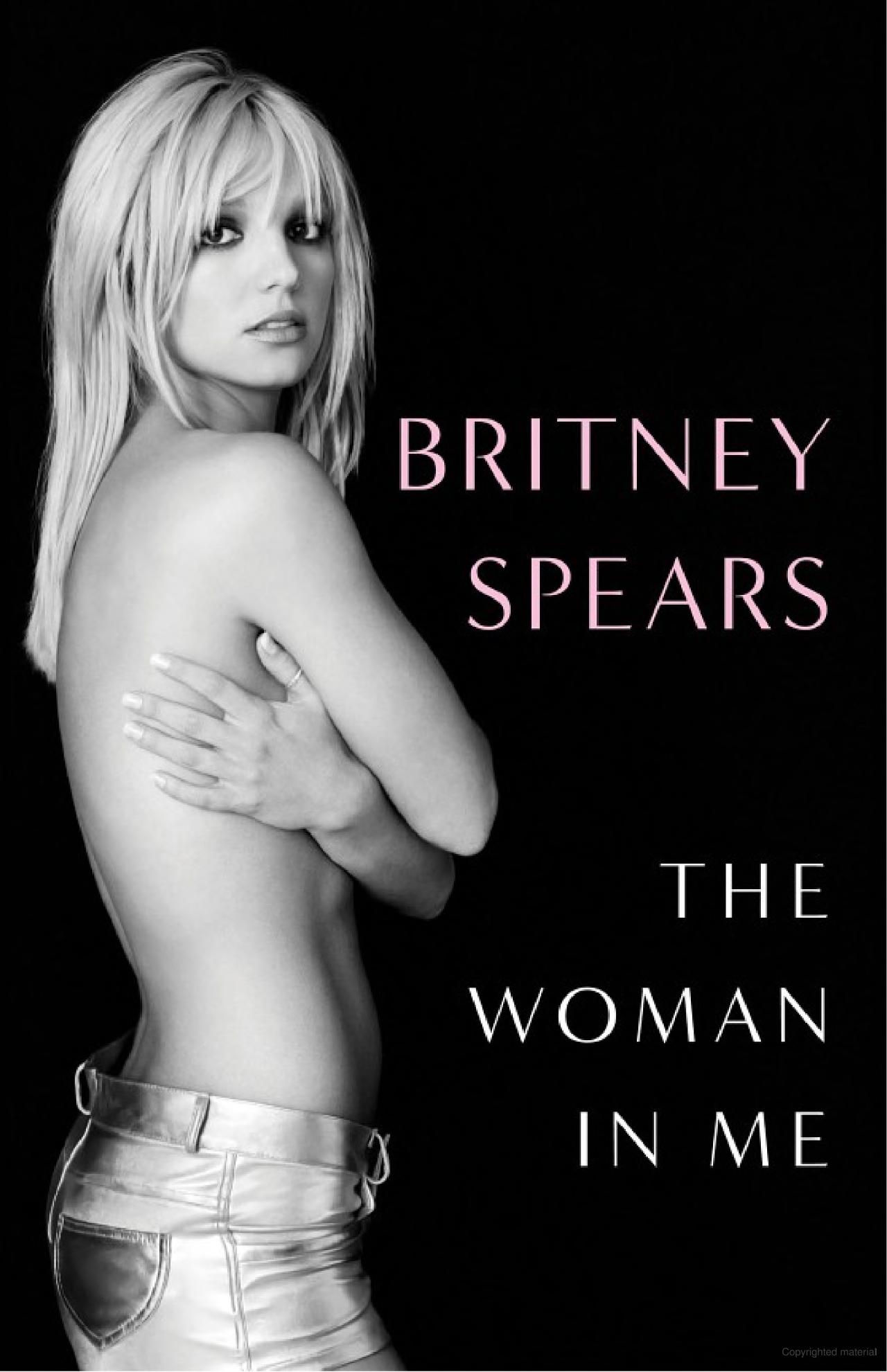

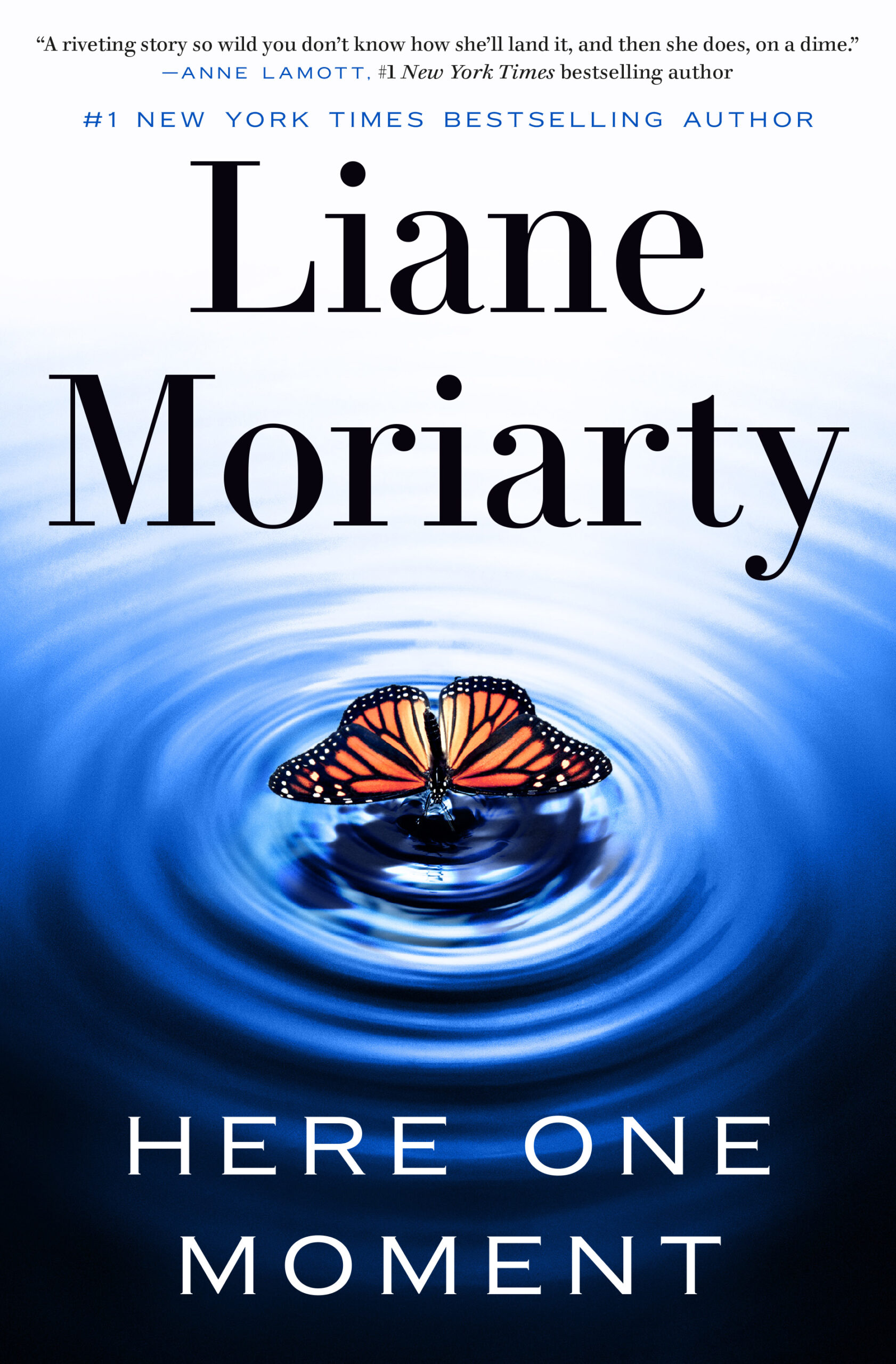
About Me
I have been blogging about books here at Everyday I Write the Book since 2006. I love to read, and I love to talk about books and what other people are reading.